Conviviality may be sued by investors who believe they were misled about the retailer’s performance.
The Bargain Booze and Wine Rack owner, which was teetering on the brink of administration after a spectacular reversal of fortunes, faces questions about when the board first became concerned over its trading and financial health, The Times reported.
There is likely to be scrutiny of a £30m equity fundraising undertaken last December to enable the acquisition of Central Convenience, a c-store business bought out of wholesaler Palmer & Harvey following the latter’s collapse.
At the time, Conviviality chief executive Diana Hunter said the purchase would help the business become “the drinks and impulse sector’s leading independent distributor”.
However, following an encouraging trading update in January when it was said the business was achieving “above market growth”, Conviviality went on to warn on profits.
It subsequently revealed a forecasting error and an unexpected £30m tax bill, as shares in the business were suspended.
After an attempt to raise £125m in emergency funding failed, Conviviality last week filed notice of intention to appoint administrators.
Former boss Hunter quit the company last month in the wake of the crisis, which has left 2,600 jobs hanging in the balance.
However, PwC is working to seek buyers for all or parts of the business, which include wholesale operations Matthew Clark and Bibendum as well as the Bargain Booze and Wine Rack retail chains.
Conviviality supplies more than 700 off-licences and 23,000 pubs and restaurants across the UK – and it is thought that pub groups and brewers could attempt to put together rescue packages.
Potential buyers are thought to include Magners cider maker C&C Group and brewing giants AB Inbev and Molson Coors, as well as the private-equity house Endless.
If investors decide to pursue legal action, they are expected to claim that signs of pressure were emerging to the board well before the first profit warning last month as margins were affected by Conviviality’s aggressive approach to bidding for contracts.
The retailer admitted that shareholders would receive “little-to-nil value” following the failed fundraising attempt.




















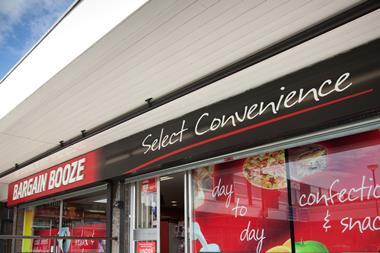
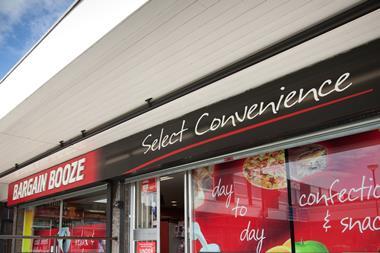
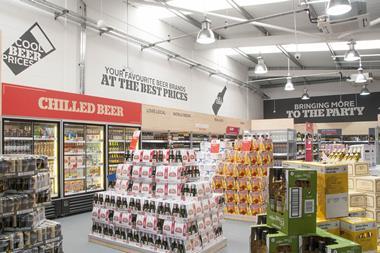
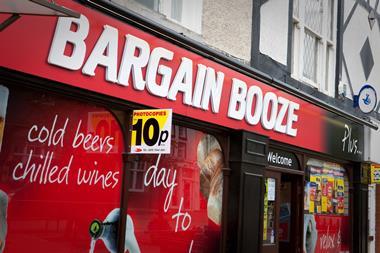
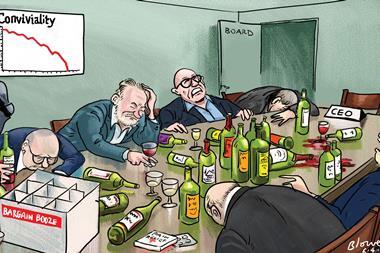
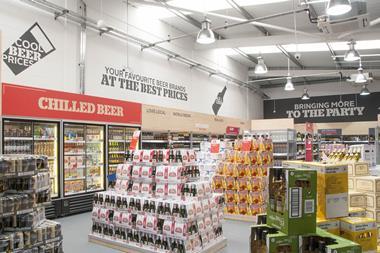
No comments yet